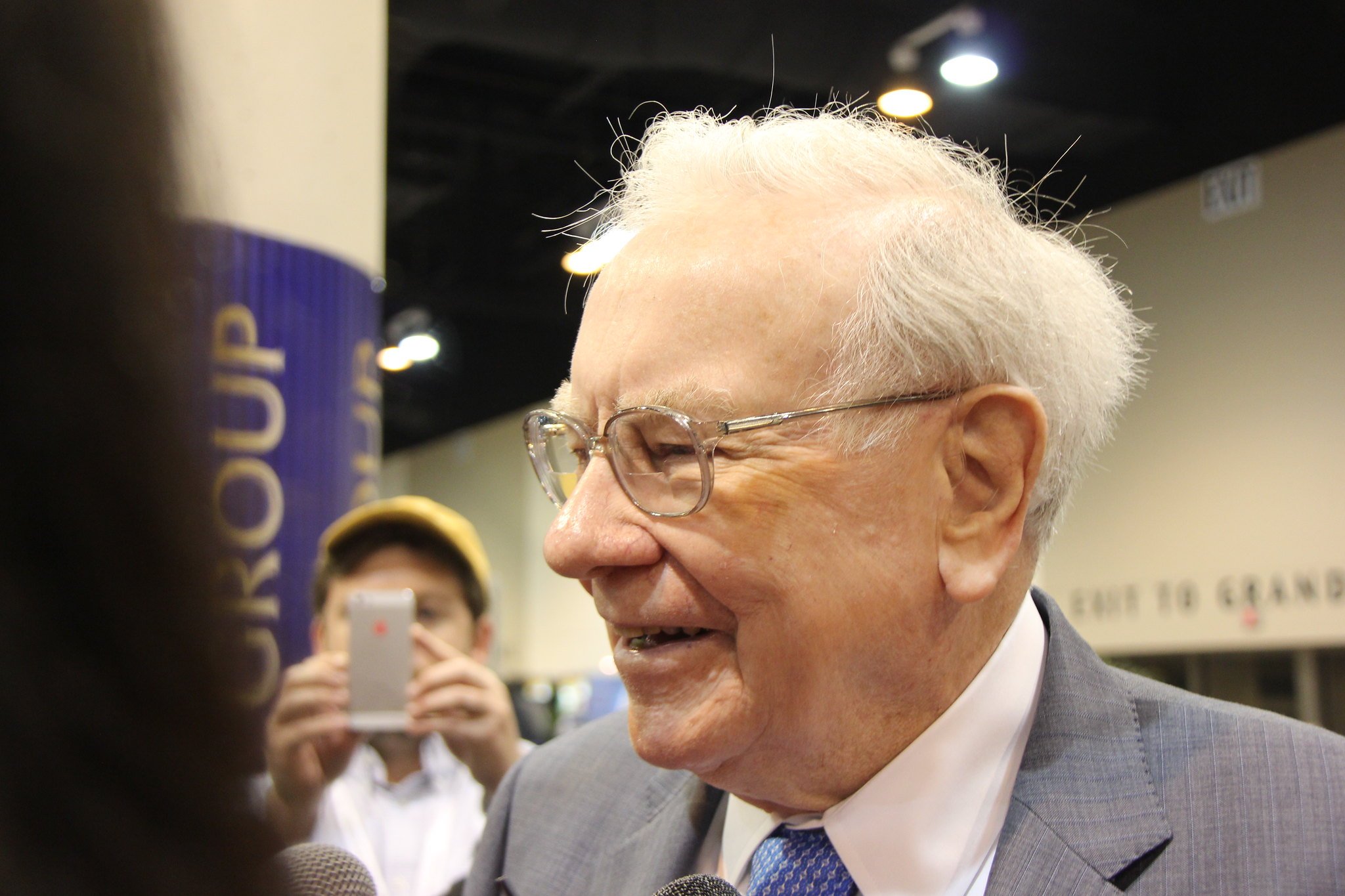
Source: Mario Sánchez Prada.
If you were harassed by automated cell phone debt-collection calls on behalf of Bank of America Corp. (BAC +0.23%) over the past few years, you may be eligible for compensation -- but you need to file a claim before March 21, or you'll be out of luck.
Bank of America settled a suit back in September alleging that it illegally harassed customers with requests for debt repayment using robocalls directed to their cell phones. The $32 million settles those allegations, as well as any future claims that might have arisen from the bank's 7.7 million mortgage and credit card customers.
The settlement was provisionally approved in December, and lawyers are putting out the word to those who were victimized by the robocalls that they must submit a claim by March 21, 2014, in order to be considered for a payout of $20 to $40.

Were you robo-called? Source: Joe Wu.
The awards aren't huge, but as part of the deal, Bank of America has agreed to call customers only when the person has given their express permission for the bank to do so. For those enduring the harassing calls, therein lies the victory. B of A denied it made any of these kinds of calls but agreed to settle anyway. According to the Federal Trade Commission, nearly every pre-recorded call from a business entity which doesn't have your written permission to phone you is illegal.
Calls are increasing
The FTC also notes technology is making these calls attractive to businesses, where a high volume of calls for little cost is prompting more companies to use these services. These calls can be numerous and annoying: The lawyer involved in the Bank of America settlement, Mark Ankcorn, recounts his clients' distress at receiving from two to 10 cell phone robocalls a day from the bank, which would continue for several weeks without letup.
B of A isn't the only bank in hot water over robocalls. Wells Fargo (WFC 0.17%) has been sued by a man who says that the bank robocalled his cell phone approximately 50 times beginning last November -- despite the fact that he was not a Wells Fargo customer.
The calls kept coming, the plaintiff said, even after he told the bank he was not the party it was looking for -- as well as past the time he signed up for the Do Not Call Registry. The bank settled a prior cell phone call suit in 2012, paying $17 million and vowing to only call customers who gave the bank permission to do so.
Hopefully, Bank of America will adhere to its pledge more closely than Wells. Meantime, sign up if you were harassed -- at least you'll get a minimum of $20, which should, at least, pay for the extra cell phone fees incurred by those pesky robocalls.







